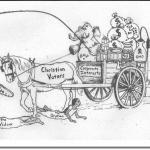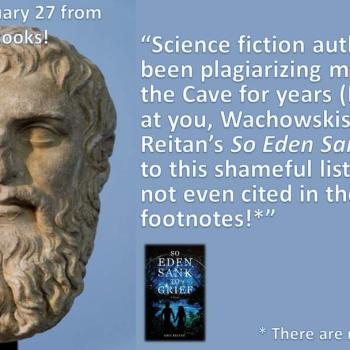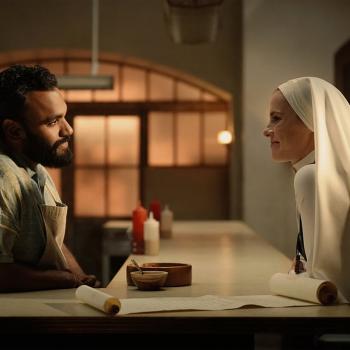I had a chance to speak with Mary Milz of WTHR News yesterday about local matters that connect with national and global ones and which are about to get more attention today. You can read a couple of brief snippets from me in the article that I was interviewed for. But I thought I would share the other thoughts that didn’t make it into the brief news clip on this topic.
Two topics involving the Catholic Church and its teachings on sexuality have made headlines in recent days. One is the suspension of Shelly Fitzgerald, a guidance counselor who is a lesbian, from Roncalli High School, a Catholic school in Indianapolis. This was in response to her marriage. The nation will be hearing from her on the Ellen show later today.
Meanwhile, Indianapolis is no different from the rest of the world in having Catholic priests who have been accused of sexual abuse and other forms of sexual misconduct.
In response to the convergence of these two news items, one point I commented on was the hypocrisy. People in general, and Catholics in particular, may or may not embrace the traditional view of the Catholic Church that same-sex relationships are prohibited. But when you have been covering up violations of the church’s sexual ethical teachings by priests left, right, and center, to then censure a high school employee is simply hypocritical, regardless what your view is on the Church’s teachings about sex and marriage, and regardless what your view is of whether an organization’s “right” to impose its stance on employees or the right of an employee to follow the dictates of their own individual conscience ought to be prioritized.
As I am quoted as saying in the article itself, when the society is increasingly holding people in positions of authority accountable and encouraging victims to have the courage to speak out, for a church to do likewise is welcome, but most likely still disappointing, since most expect their religious leaders to be in the lead rather than playing catch-up in relation to the overall trajectory of society.
Finally, another point that I made in the interview was about the need to recognize that our religious institutions and leaders are human beings rather than something else, and like us they need to be held accountable. In a country in which we recognize that our leaders need to be accountable to us and not simply vice versa, the same needs to be applied to religious clergy, teachers, and other voices. Those of us who have studied the history of the church – including the history of its scriptures and creeds – know that they are human products. This doesn’t exclude the possibility of catching a glimpse of the divine in and through them or with their assistance. But when we treat them themselves as though sacrosanct, it suggests that our religious institutions or identity have taken the place of God as ultimate concern in the center of our lives. If God is our supreme focus, then we can commit ourselves to questioning authorities’ claims in the interest of making sure that we are not misled in our search for the Ultimate.
Here’s the full news clip, for those who want to watch it:













